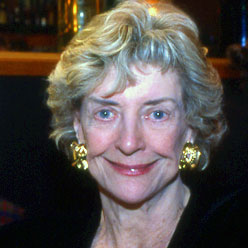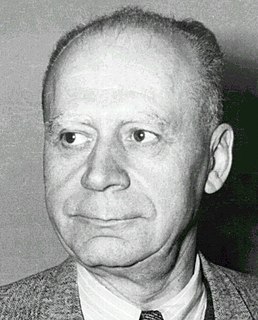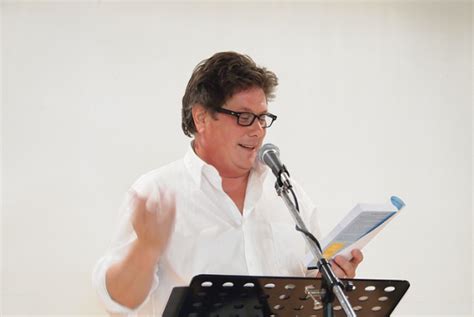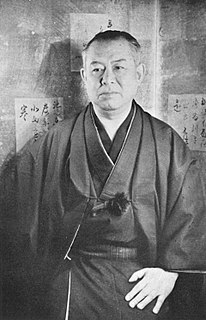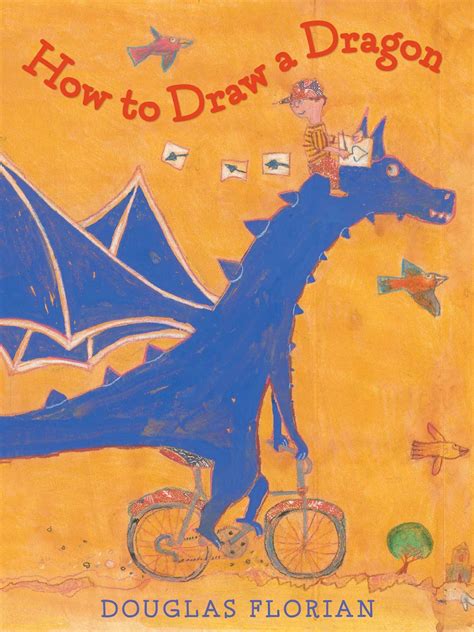A Quote by Mao Zedong
Poem for Liu Ya-tzu I cannot forget how in Canton we drank tea and in Chungking went over our poems when leaves were yellowing. Thirty-one years ago and now we come back at last to the ancient capital Peking. In this season of falling flowers I read your beautiful poems. Be careful not to be torn inside. Open your vision to the world. Don't say that waters of Kumming Lake are too shallow. We can watch fish better here than in the Fuchun River in the south.
Quote Topics
Related Quotes
Poems, to me, do not come from ideas, they come from a series of images that you tuck away in the back of your brain. Little photographic snapshots. Then you get the major vision of the poem, which is like a giant magnet to which all these disparate little impressions fly and adhere, and there is the poem!
Early in life, when I first saw waterlilies on the ripples of a lake, I didn't think they were flowers which grew from the water, but rather flowers which were mirrored from the shore into the lake. So many flowers grow in the silent waters of our souls, and they unfold their petals over the glaze of our consciousness: they grow from within us, but we think them reflections from the external world.
I wrote a number of poems about Kah Tai lagoon, when Safeway was building that huge, ugly store down there where I used to love to watch the birds nest. That political poem, or environmental poem, was unsuccessful because Safeway built there anyway. And yet the poem has something to say today, as it did then. And I speak here only of my own poems. The agenda for every poet has to be different because most of us write from direct human experience in the world.
...a river season will last as long as it takes you to reach your new place. If you get into the river and let it take you where you need to be, your river season will last an afternoon. But if you fear change and struggle and hold on to the rocks, the river season will last and last. It will not end until your body becomes exhausted, your grip weakens, your hands slide off the rocks and the current takes you to your new place.
The ancients waited for cherry blossoms, grieved when they were gone, and lamented their passing in countless poems. How very ordinary the poems had seemed to Sachiko when she read them as a girl, but now she knew, as well as one could know, that grieving over fallen cherry blossoms was more than a fad or convention.
Mornings at Blackwater" For years, every morning, I drank from Blackwater Pond. It was flavored with oak leaves and also, no doubt, the feet of ducks. And always it assuaged me from the dry bowl of the very far past. What I want to say is that the past is the past, and the present is what your life is, and you are capable of choosing what that will be, darling citizen. So come to the pond, or the river of your imagination, or the harbor of your longing, and put your lips to the world. And live your life.
I think that the casual reader and the lyric and confession are trickily tied up together. I mean often when I read my students' poems my first impulse is to say, "O, the subject of this pronoun, this 'I,' is whatever kid wrote this poem." The audience for lyric poems is "confessionalized" to some extent. And I think this audience tends to find long narrative poems, for instance, kind of bewildering.
Who are you, reader, reading my poems an hundred years hence? I cannot send you one single flower from this wealth of the spring, one single streak of gold from yonder clouds. Open your doors and look abroad. From your blossoming garden gather fragrant memories of the vanished flowers of an hundred years before. In the joy of your heart may you feel the living joy that sang one spring morning, sending its glad voice across a hundred years.



